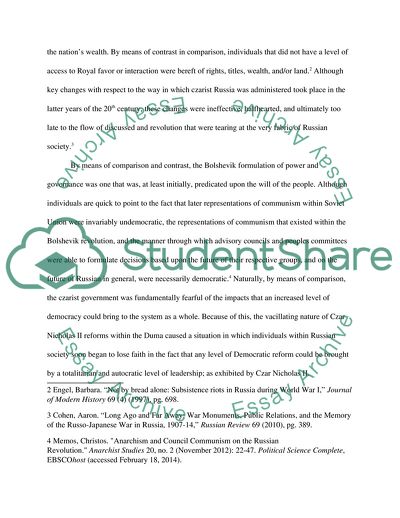Cite this document
(Bolshevik Systems of Governance Assignment Example | Topics and Well Written Essays - 3250 words, n.d.)
Bolshevik Systems of Governance Assignment Example | Topics and Well Written Essays - 3250 words. https://studentshare.org/history/1809406-history-of-russia-since-1917
Bolshevik Systems of Governance Assignment Example | Topics and Well Written Essays - 3250 words. https://studentshare.org/history/1809406-history-of-russia-since-1917
(Bolshevik Systems of Governance Assignment Example | Topics and Well Written Essays - 3250 Words)
Bolshevik Systems of Governance Assignment Example | Topics and Well Written Essays - 3250 Words. https://studentshare.org/history/1809406-history-of-russia-since-1917.
Bolshevik Systems of Governance Assignment Example | Topics and Well Written Essays - 3250 Words. https://studentshare.org/history/1809406-history-of-russia-since-1917.
“Bolshevik Systems of Governance Assignment Example | Topics and Well Written Essays - 3250 Words”. https://studentshare.org/history/1809406-history-of-russia-since-1917.


